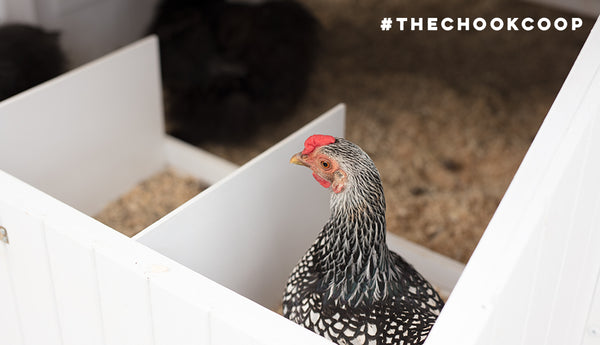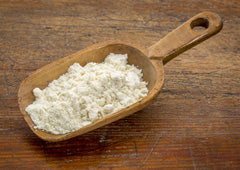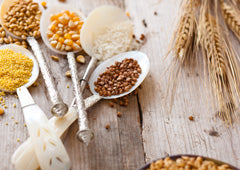
Dill is one herb you don’t want to skip on growing in your herb garden! This tall wispy herb is best grown annually and while it loves to bask in the warm Australian sun it does tolerate some afternoon shade too. Dill can grow to around three feet so it’s best to plant it towards the back of your veggie or herb garden to give your other herbs some breathing and sun space.
Good for your Hens
Thanks to Dill your chickens can breathe easy, this super herb assists with the respiratory health of your flock. It’s also a very powerful antioxidant so mix some freshly cut dill into your chicken feed to keep your hens at the height of health.
Good for your Garden
If you want extra delicious lettuce, asparagus or onion make sure they are planted next to dill as they complement one another’s growth and will make for an extra tasty salad when harvested.
Good for You
Just like for your chickens, Dill reads a long list of health benefits for humans which are derived from it’s organic compounds, vitamins, and minerals. Dill is a super immune booster, a congestion clearer for the respiratory system, can help calm your digestive system, and has relaxant properties to help treat insomnia. It’s calcium content and anti-inflammatory properties means it also helps to protect you from the loss of bone density and assists with the treatment of arthritis.
Also, here's something to get your mouth watering. Dill pairs particularly well with natural yoghurt and baked fish. Definitely something worth trying at home!
When working with herbs, there are a few simple rules to follow to keep your hens at the height of their health…
-
Some herbs will spoil very quickly, especially in summer, so be sure to refresh them every few days to really harness their goodness.
-
Remember! Treats in moderation-don’t overdo it. If you are unsure how much to give to your girls, it is best to check with your local vet.
-
Like with all herbal treatments each works differently based on the individual, and the same goes for chickens too. So keep this in mind and be sure to check for any reactions, allergies or particular dislikes.
Preparing nutritious mealtimes for optimal chicken health can be stressful and confusing. Many health issues experienced by our girls are due to an imbalanced diet. You might find yourself asking: what to feed, when to feed, how to feed, and why?!
Cluckily, there is no need to be overwhelmed by all the options because our friends at Chickenpedia can help you find out what’s best for your flock at all ages. This is why I recommend their Feeding Pecking Chickens Course to all my readers. Through their course, unearth nutrient-rich foods to help your chickens stay healthy, live longer, and produce the best eggs. Keep those yolks nice and yellow! The course shares advice and information on the best food for your flock as well as quantity control, storage, and timing for feeds.
Feeding time is also a great one for entertainment and this course provides bonus content filled with DIY boredom busters, toys, and treats for your flock. Become an eggspert and gain the confidence needed to choose the right chicken feed and know which ones to avoid.
Be sure to click here to visit Chickenpedia today to check out ALL of their amazing courses.

















